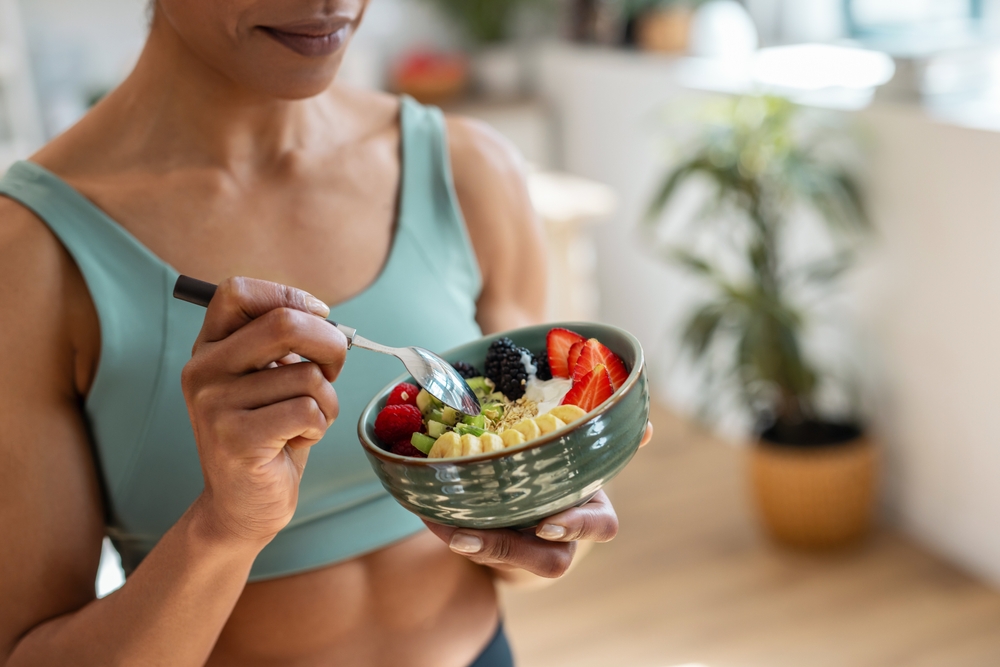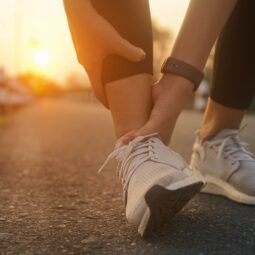
Energy bars and drinks are marketed as quick fixes to boost energy, endurance and focus, and quick fixes are appealing. But are they effective? They might feel that way initially, but the temporary boost is often followed by a crash as your blood sugar takes a dive. And they don’t solve the bigger issues: Why is your energy tanking in the first place, and how can you stop that from happening?
For a more lasting fix, try fueling your body better, and more consistently, to power you through your day. Here are some energizing strategies.
For steady energy, regulate your blood sugar
One of the best ways to boost and maintain energy is to regulate your blood sugar. That means following a regular, balanced eating pattern:
- Aim for three meals a day, about 4-5 hours apart.
- At each meal, make sure to balance your energizing carbohydrates with filling protein.
- Eat more whole foods — especially colorful vegetables and fruits — and fewer processed foods to keep blood sugar steady, and to ensure adequate intake of all the different vitamins, minerals and antioxidants that your body needs to run well.
Have breakfast with your coffee
Many people who complain of low energy in the morning start their day with just coffee and cream. But studies show that a balanced breakfast, within an hour of waking, provides a more lasting boost. Enjoy your coffee, but have it with breakfast. Try our recipe on page 9, or at least grab some peanut butter toast.
Eat more protein at lunch
If you hit a daily 2-3 p.m. slump, it’s usually because your lunch didn’t have enough protein. A balanced lunch, with at least 20 grams of protein, should last you 4-5 hours.
Plan better snacks
When you need a snack, be prepared with good carbs and protein:
- Greek yogurt with fruit
- Turkey wrapped around a pickle
- Roasted chickpeas or edamame
Stay hydrated
Dehydration can make you feel sluggish. Aim to drink at least 64 ounces of water per day (unless instructed otherwise by a provider). Unsweetened coffee and tea also provide hydration, along with caffeine, without the sky-high sugar and excess caffeine found in many energy drinks.
Ideally, energy should come from food, not bars and bottles. If you’re struggling, a dietitian can help you understand the eating patterns that are slowing you down.


